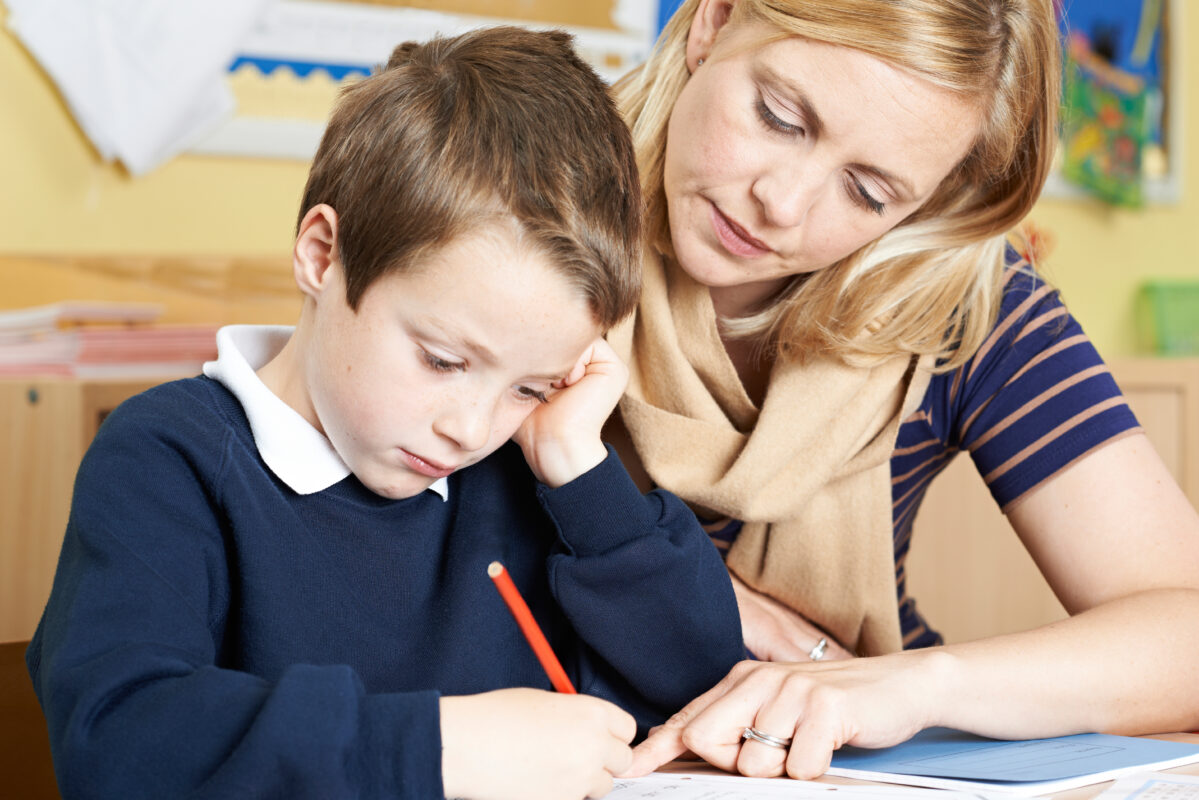A SCERTS® based tool to help profile autistic students and provide targeted support
Autism Progress has been created to give education and care professionals a universal language to describe, discuss and address the unique challenges faced by autistic individuals. This profiling tool is designed for use across a wide range of settings and disciplines – from the classroom to residential and adult care – each of which have very different needs.
The aim of the assessment framework is to give the most detailed current picture of an individual’s capabilities. People can be profiled from birth to early adulthood. While each autistic person is unique, the difficulties faced can be divided into four key developmental areas, all of which are included in Autism Progress…..
What is SCERTS®?
The SCERTS® Model is a research-based educational approach and multidisciplinary framework that directly addresses the core challenges faced by children and persons with ASD and related disabilities, and their families. SCERTS® focuses on building competence in Social Communication, Emotional Regulation and Transactional Support as the highest priorities that must be addressed in any program, and is applicable for individuals with a wide range of abilities and ages across home, school and community settings. Find out more….
Support autistic students better by understanding the impact of their autism
Autism Progress supports four key developmental areas that autistic pupils struggle with:
We look at the act of expressing information to, and receiving information from, the world around us. Autistic individuals may have difficulties expressing their needs, a delay in the development of language, poor comprehension or contextual knowledge, and/or repetitive use of known phrases. Development in this area is observed through the application of new skills relating to the:
- Expression of information through physical function, cognitive capabilities and social awareness, e.g. fine motor control; understanding language composition and structure; or retaining attention.
- Reception of information through physical function, cognitive capabilities and social awareness, e.g. sensitivity to external stimulus; contextual knowledge and comprehension; or responding to body language or intonation.
Many individuals also have medical or cognitive conditions that affect their ability to communicate conventionally. There are a range of communication forms currently in common usage, and many new forms of augmentative and alternative communication have become commonplace due to advances in technology. We feel that focusing on the traditional areas of reading, writing, speaking and listening limited the identification of communication skills and therefore opted for the terms recorded receptive communication, recorded expressive communication, spontaneous expressive communication, and spontaneous receptive communication (respectively).
social interaction
Within our profiling tool we look at the co-operation to connect with people and abide by agreed standards of behaviour. Autistic individuals may have difficulties applying social conventions, forming and sustaining relationships, social anxiety, and/or understanding the needs of others. Development in this area is observed through the application of new skills relating to the:
- Undertaking of personal independence activities, such as following self-care routines, e.g. knowing that they need to go to the toilet or cooking himself or herself food because they are hungry.
- Engagement of other people, such as the ability to deal with others in different situations, e.g. looking in the direction of a member of staff or helping to support others in a group.
- Looking after their environment, such as awareness of the wider world, e.g. moving to familiar music, following simple rules or recognising the effect that people have on their surroundings.
Any person can develop a fixed belief based on their experience of the world. Some individuals may require a lot of scaffolding to help them unpick some of the anxieties they feel in relation to the expectations of other people. It is important to bear in mind that a lack of social skills is not necessarily indicative of intentional social avoidance or a lack of interest in people.
Flexibility of Thought
The profiling tool looks at the flexibility to cope with change, develop contingency plans and explore new concepts. Autistic individuals may have difficulties controlling repetitive patterns of behaviour or thought, applying known concepts to new situations, and/or accepting difference in unfamiliar situations. Development in this area is observed through the application of new skills relating to the:
- Ability to plan and predict outcomes, such as recognising patterns, e.g. knowing that tomorrow is the weekend or anticipating familiar visual cues for events.
- Application of coping strategies, such as awareness of change to the structure of the day, e.g. acknowledging a change to a familiar story or persisting with an activity when a challenge occurs.
- Exploration of imaginative and creative pursuits, such as developing an interest in the aesthetics of something, e.g. watching water as they play with it or taking pride in the presentation of their work.
Thinking flexibly enables an individual the ability to generalise their understanding of the world and apply it to new situations. This allows them to assimilate new knowledge quickly and helps them to cope with the unpredictability of life and recognise danger.
Emotional Regulation
We look at the awareness to perceive emotions, control reactions and express our feelings. Autistic individuals may exhibit irritability, temper outbursts, aggression, self-injurious behaviours, raised levels of anxiety and distress. These can have a negative effect on an individual’s emotional wellbeing and adversely affect their quality of life. Development in this area is observed through the application of new skills relating to the:
- Awareness of self, such as understanding how they are feeling, e.g. selecting objects that they enjoy or recognising what is making them feel angry.
- Moderation and control of self, such as thinking before reacting, e.g. remaining quiet during instruction or trying to find a compromise with a peer when there is a disagreement.
- Expression of self, such as demonstrating how they are feeling about a particular situation, e.g. showing satisfaction with an activity, dancing using a variety of movements or apologising when they have been in the wrong.
Emotional regulation enables individuals to keep themselves in check and this helps them to interact appropriately with others. Knowledge of oneself and one’s feelings provides great insight into the working of their minds. This allows an individual to monitor their responses and make appropriate adjustments to their behaviour in future situations.







